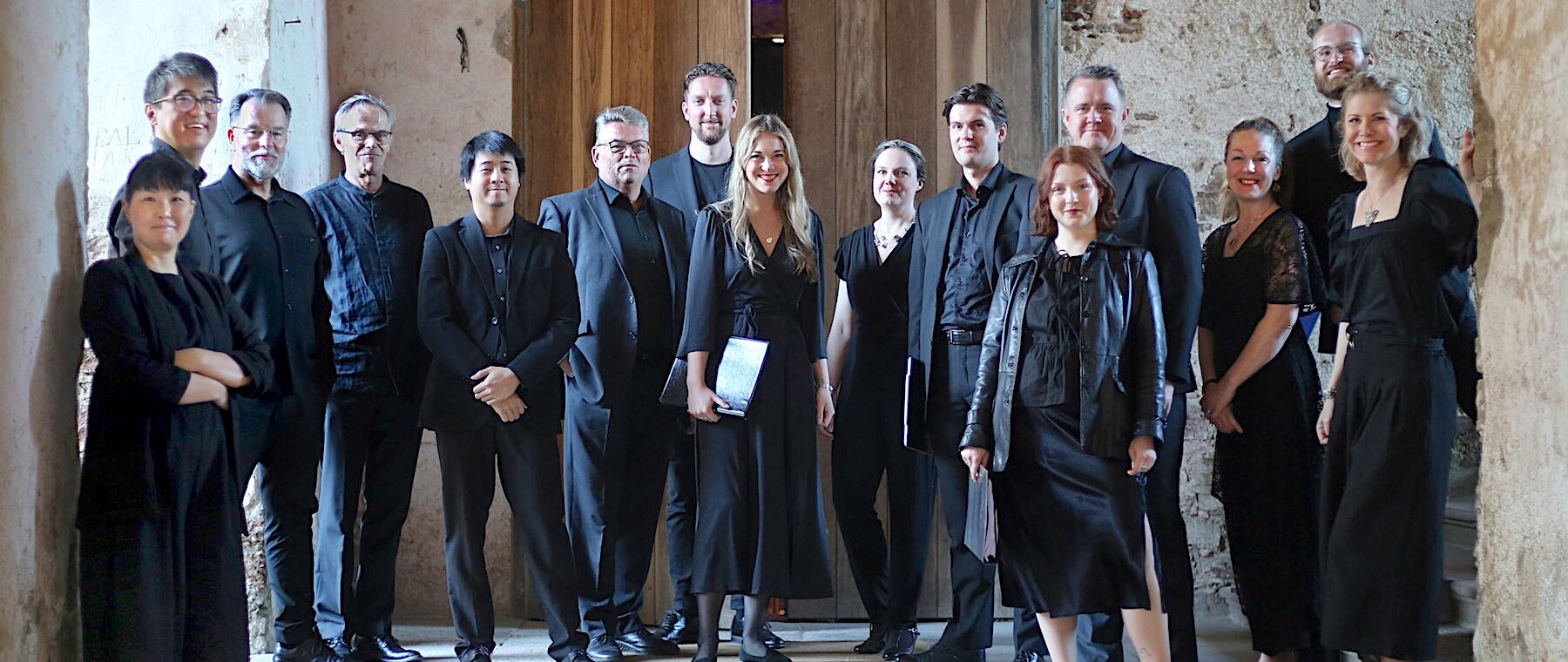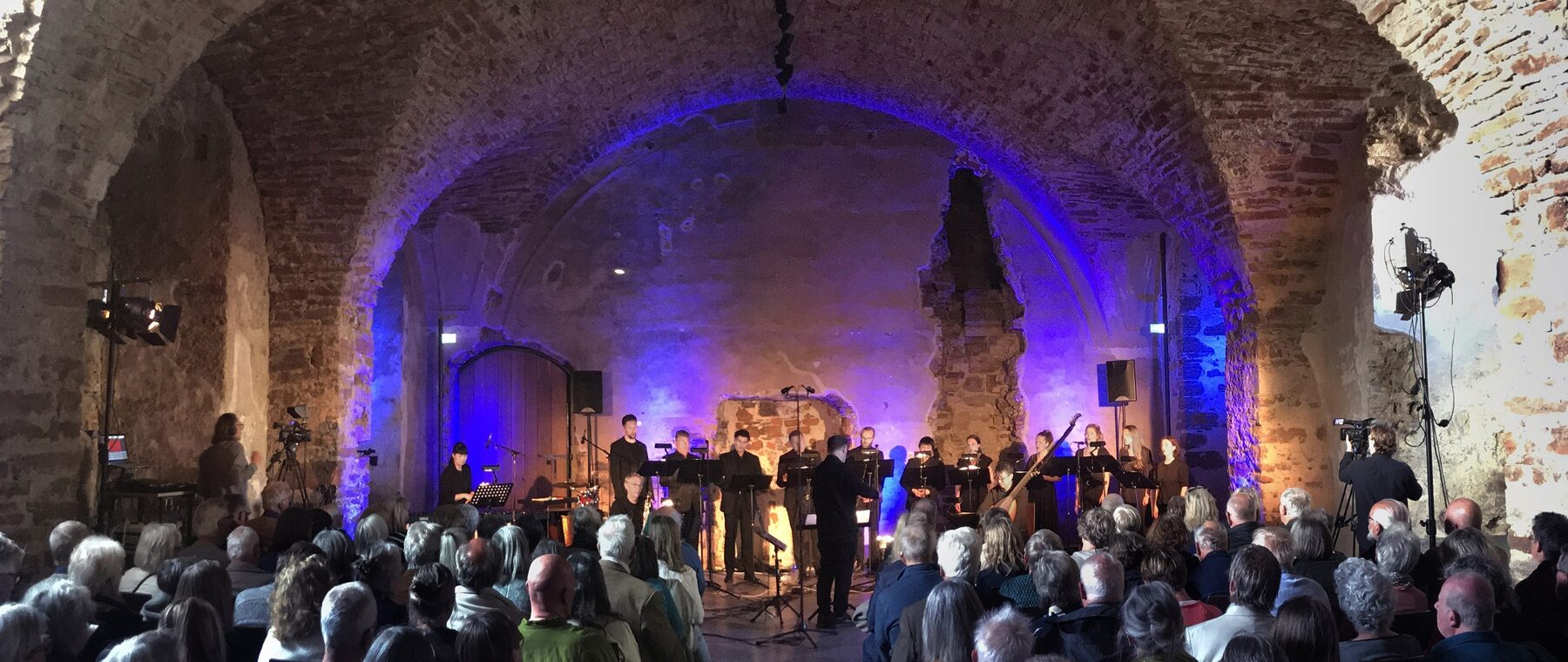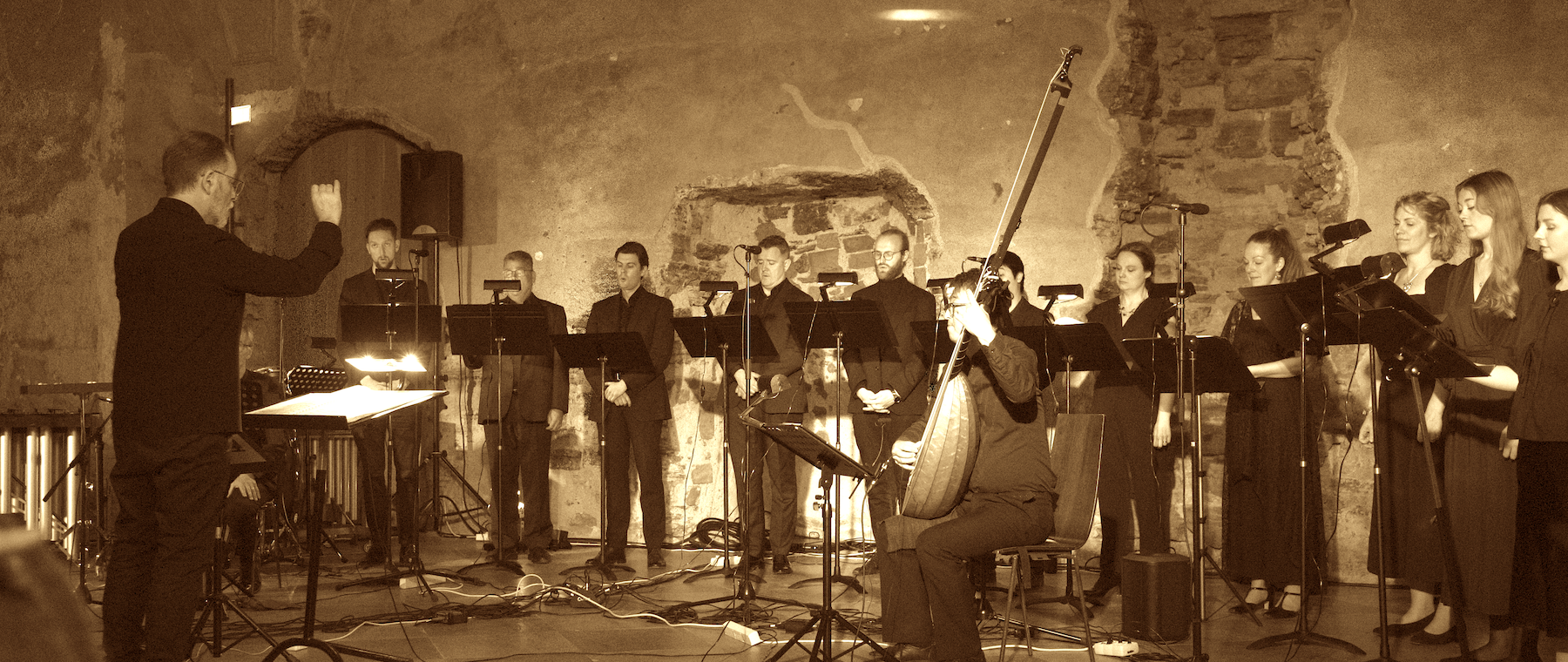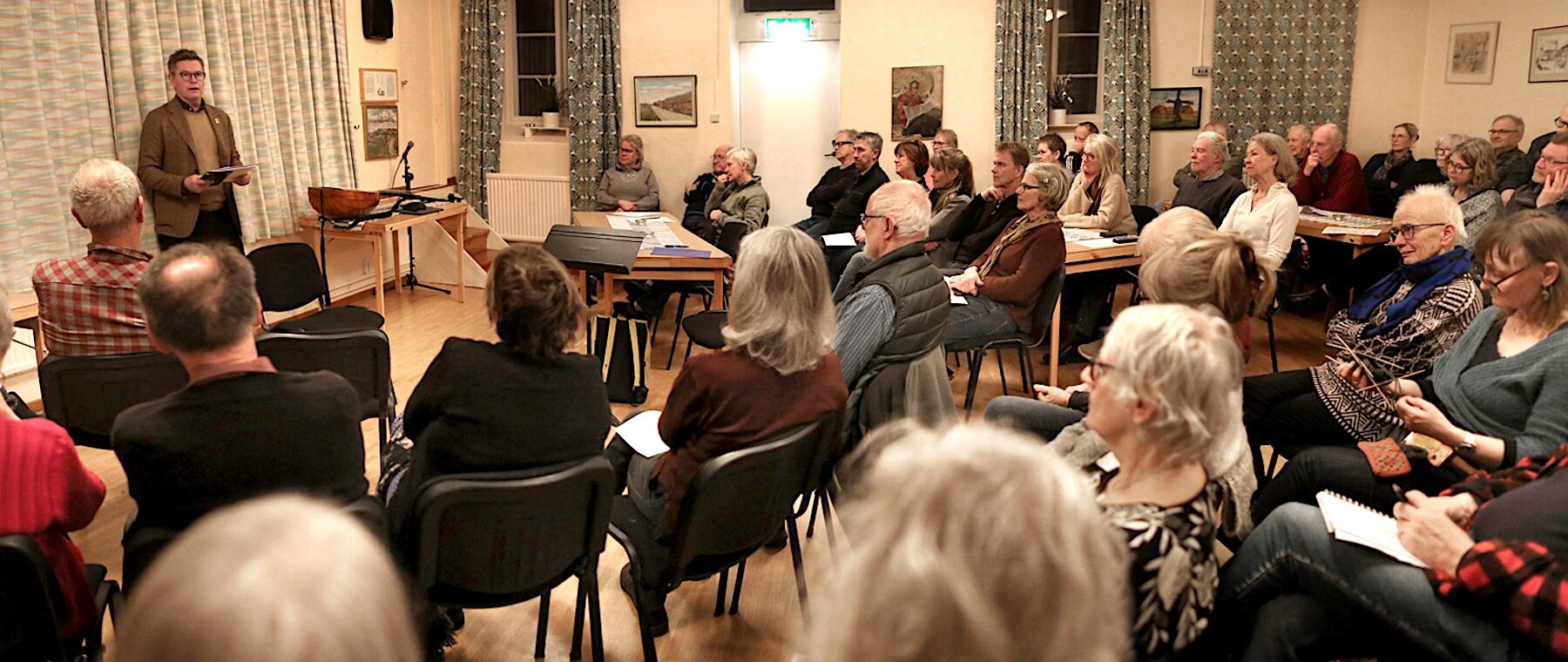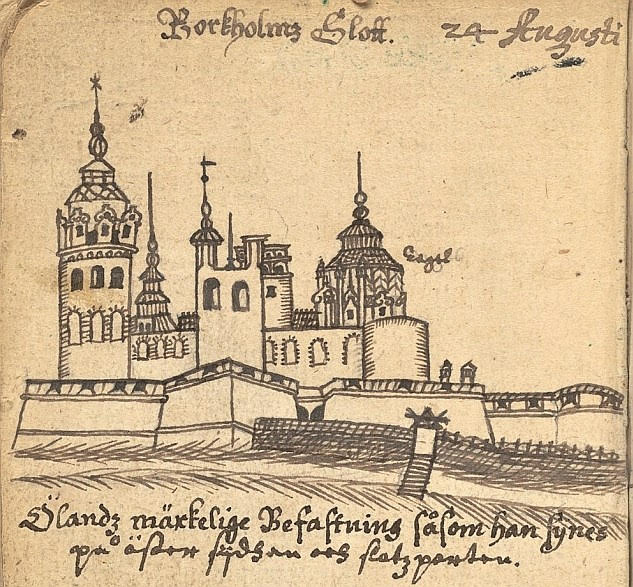The Deer Park
The music of cultural heritage
Events of the past can shape the self-image of a community for centuries. Europe’s 20th century history, like our own troubled present, shows the importance of dealing with historical trauma. At a time when cultural heritage is often used as a battleground in simplistic and polarising debates, the non-profit association Chronotopia wants to use the power of musical drama to open a space for reflection and discussion. The choral drama The Deer Park, supported by the 2024 Signatur Programme, is about the Swedish island of Öland, but its theme of power and disempowerment is timeless and universal.
THE DEER PARK ON ÖLAND: 200 YEARS OF OPPRESSION
On 7 April 1569, Johan III claims the whole Swedish island of Öland as a royal hunting park. This marks the starting-point of more than two hundred years of oppression of the population of Öland. The Ölanders are banned from all hunting and it becomes an offence to extract wood and timber from the forests for domestic use. Powerless, the farmers are forced to watch the game trample and eat their crops. To survive, they defy the prohibitions. This is punished severely, with caning, heavy fines, forced labour in a fortress and, in some cases, exile. The Deer Park on Öland was abolished in 1801. But the memory of this harsh patronage, which hindered development and left human lives in tatters, lives on today as part of Öland’s historical identity.
In the choral drama The Deer Park, composer Hans Gurstad-Nilsson interprets history. Through preparatory theme nights, and a unique concert at Borgholm Castle on 12 May 2024, Chronotopia highlighted local history. On the anniversary of the abolition of the hunting park, the audience met Vokalharmonin, one of Sweden’s leading choirs, with guest musicians Mika Takehara, percussion, Dohyo Sol, lute and Mats Wallin, clarinet. The Deer Park is a story about historical identity, power, disempowerment and self-determination on Öland, a fairy tale in the borderland between historical reality and fable, where the animals themselves intervene.
POPULAR SUPPORT AND LONG-TERM GROWTH
With the motto of high quality and popular support, Chronotopia endeavours to reach out and create a new context for classical music in rural areas. By highlighting and interpreting local history in newly written works and theme concerts, the organisation aims to make classical music accessible, creating and renewing audience interest.
After the successful implementation of Chronotopia’s pilot project The Deer Park, Chronotopia is convinced that this way of working can lower the thresholds and contribute to reach new audience groups with classical music. Instead of traditional presentation forms, with dead masters in focus, the music is anchored in the local context. People who are interested in the local history get the music on the same ticket and vice versa.
The emphasis on contemporary music and the social context around a concert event fosters a culture of participation and repertoire development which Chronotopia believes is crucial for the classical music tradition to remain a living and dynamic artform.


